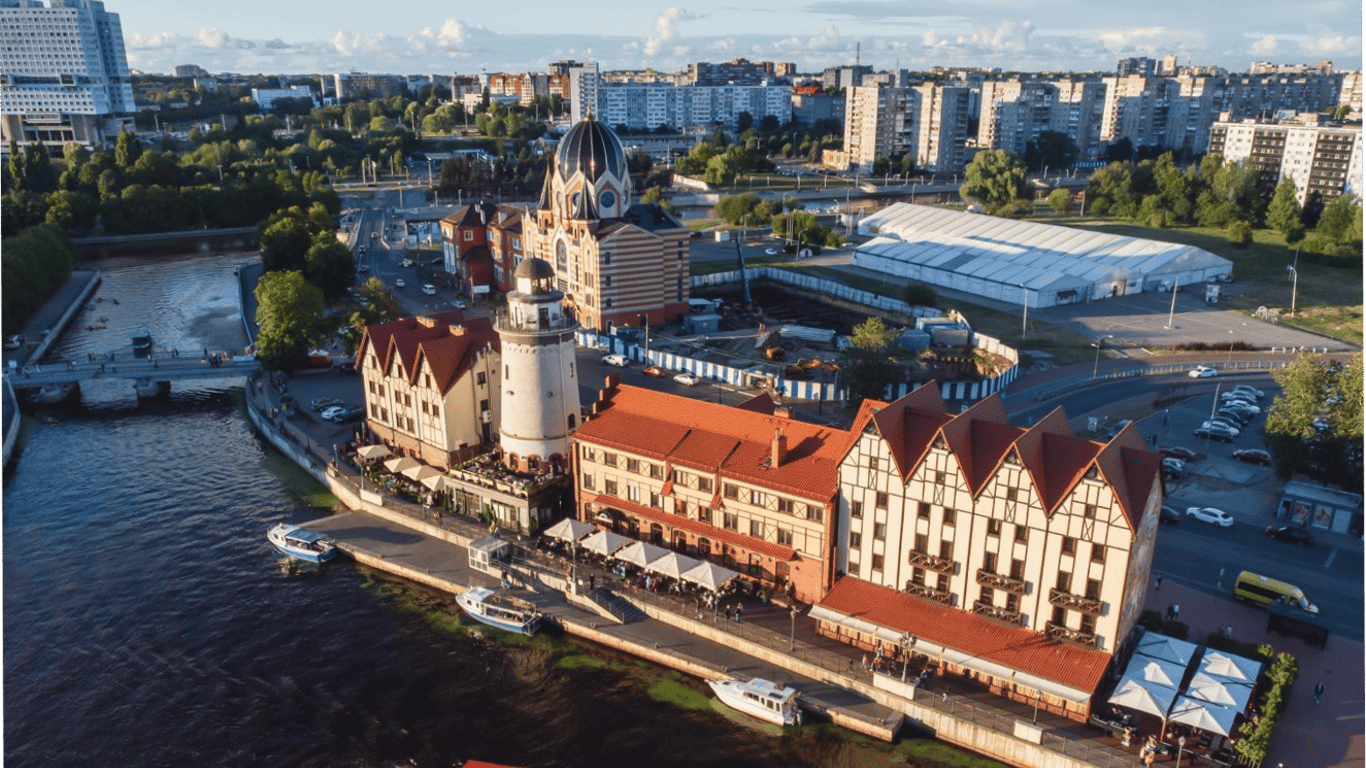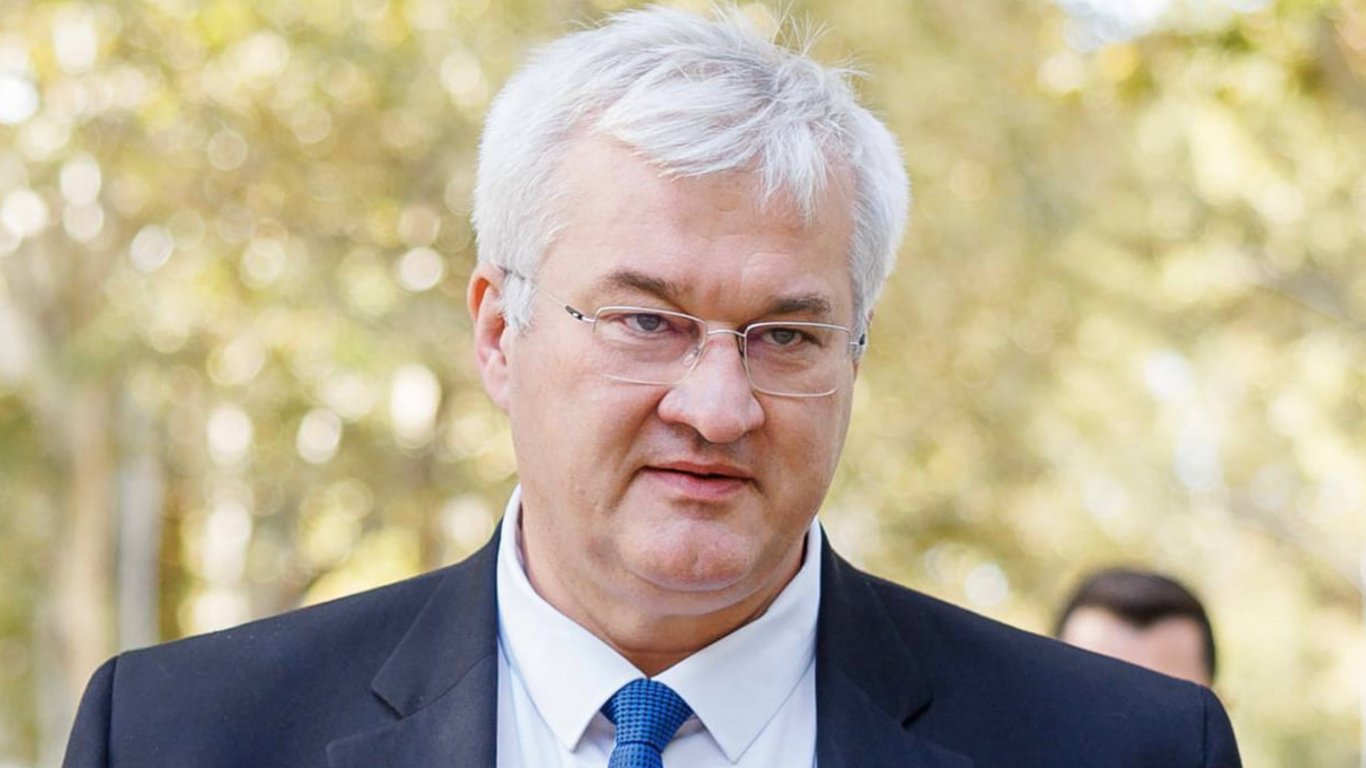NATO announced they have a plan for the 'neutralization' of Kaliningrad.


Neutralization of Kaliningrad: NATO's Plans
The North Atlantic Alliance has developed a plan for the 'lightning neutralization' of the Russian city of Kaliningrad. Such a scenario is being considered in case of a threat, said U.S. Army Commander in Europe and Africa General Christopher Donahue in an interview with Defense News.
According to Donahue, NATO has the technical capability to 'quickly neutralize' the Kaliningrad region of the Russian Federation, which is one of the country's key strongholds in Europe. The commander noted that the ground segment is becoming increasingly important, and the Alliance is already capable of neutralizing Kaliningrad in 'record Time.'
“The ground segment is becoming increasingly important. It is now possible to destroy A2AD zones from the ground. It is now possible to control the sea from the ground. We are observing all this in Ukraine,” he said.
Donahue also emphasized that Kaliningrad is surrounded by NATO countries and has become a prime example in this regard. At the same time, various measures are also taking place in Europe regarding the potential use of frozen Russian assets to pay for American weapons for Ukraine.
The aforementioned plan for NATO's 'lightning neutralization' of Kaliningrad indicates increased tensions in relations between the alliance and Russia, as well as rising geopolitical risks in the region. The largest countries in the alliance are demonstrating readiness for any possible scenarios, including operational actions in case of a threat from the Russian Federation.
Read also
- In Kyiv, a woman was sentenced for setting fire to a military vehicle - what punishment she received
- Avoided mobilization due to amputated feet — what the court decided
- Contract between Parents for TCK - How to Arrange
- Cheberloievskyi explained how to stop the war with the Russian Federation
- In Kherson, occupiers attacked the car of the chief rabbi - what is known
- The Ministry of Foreign Affairs responded to Hungary's ban on the entry of some Ukrainians









